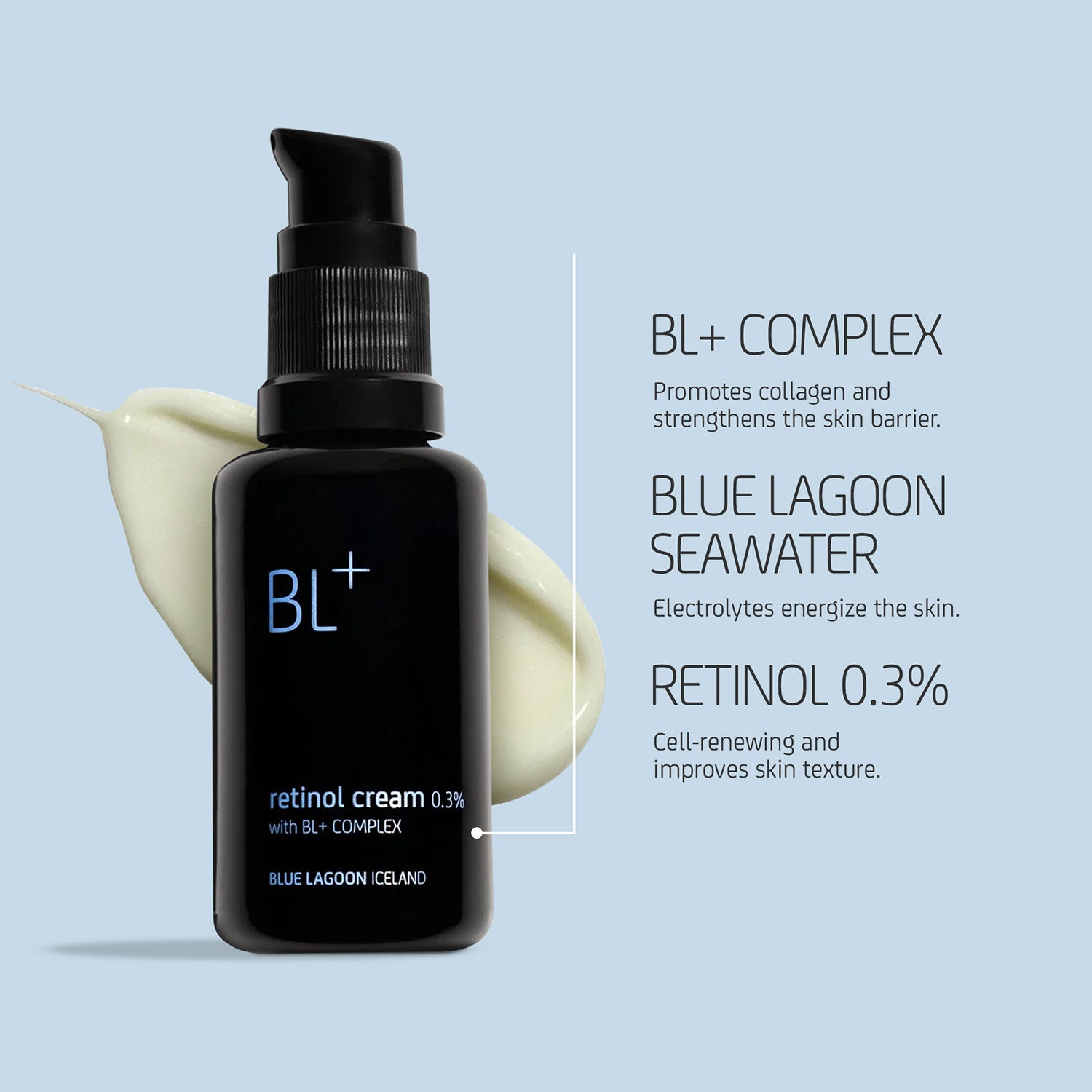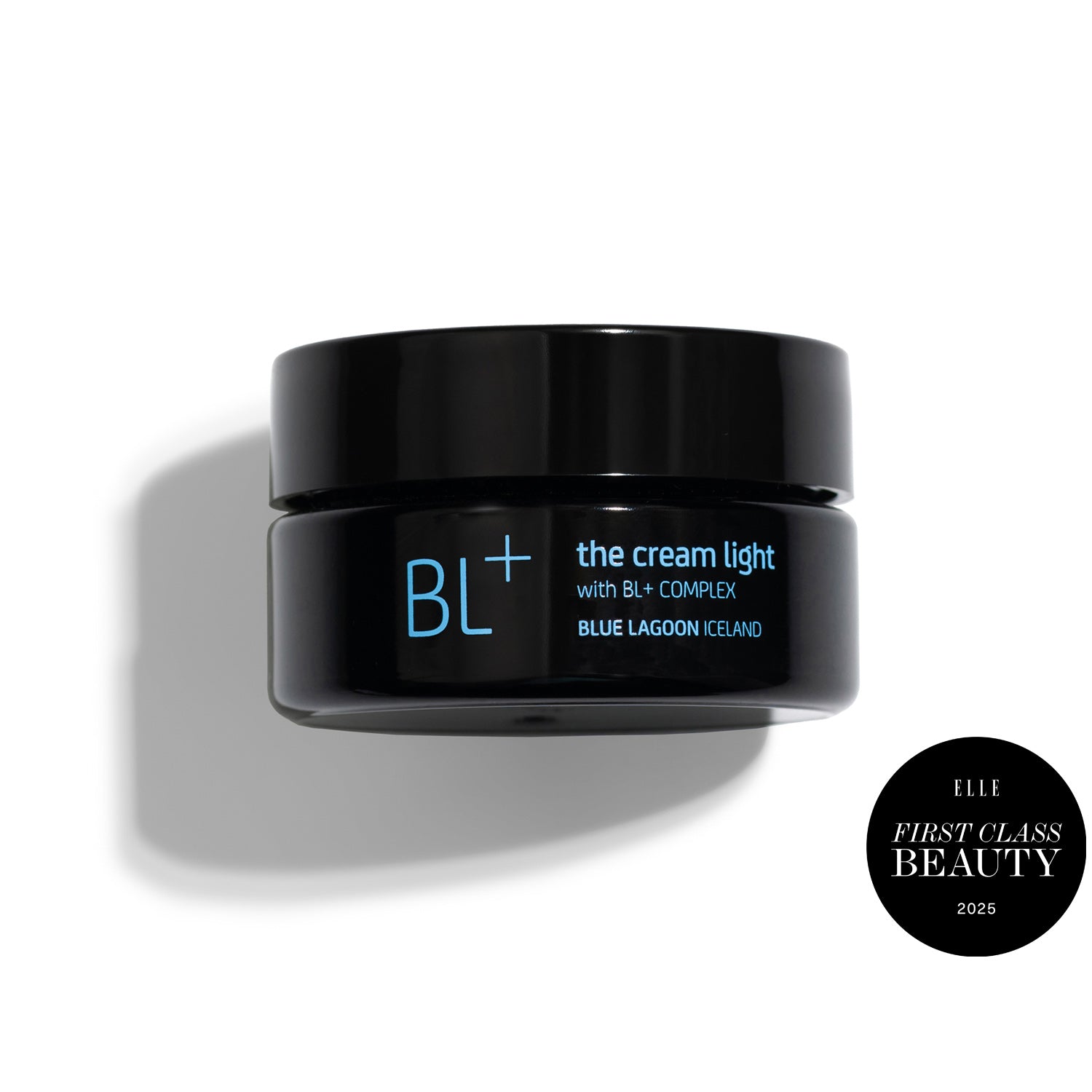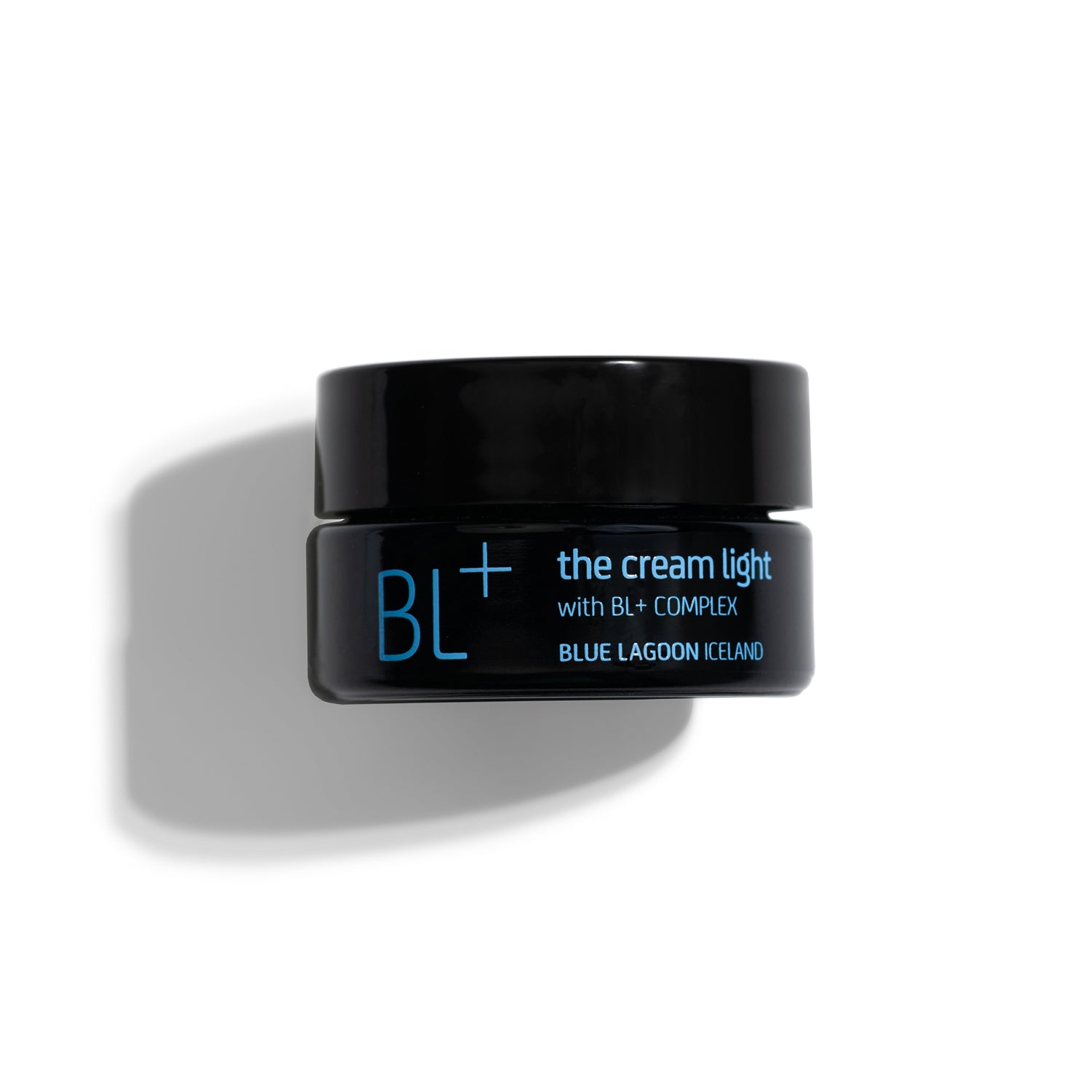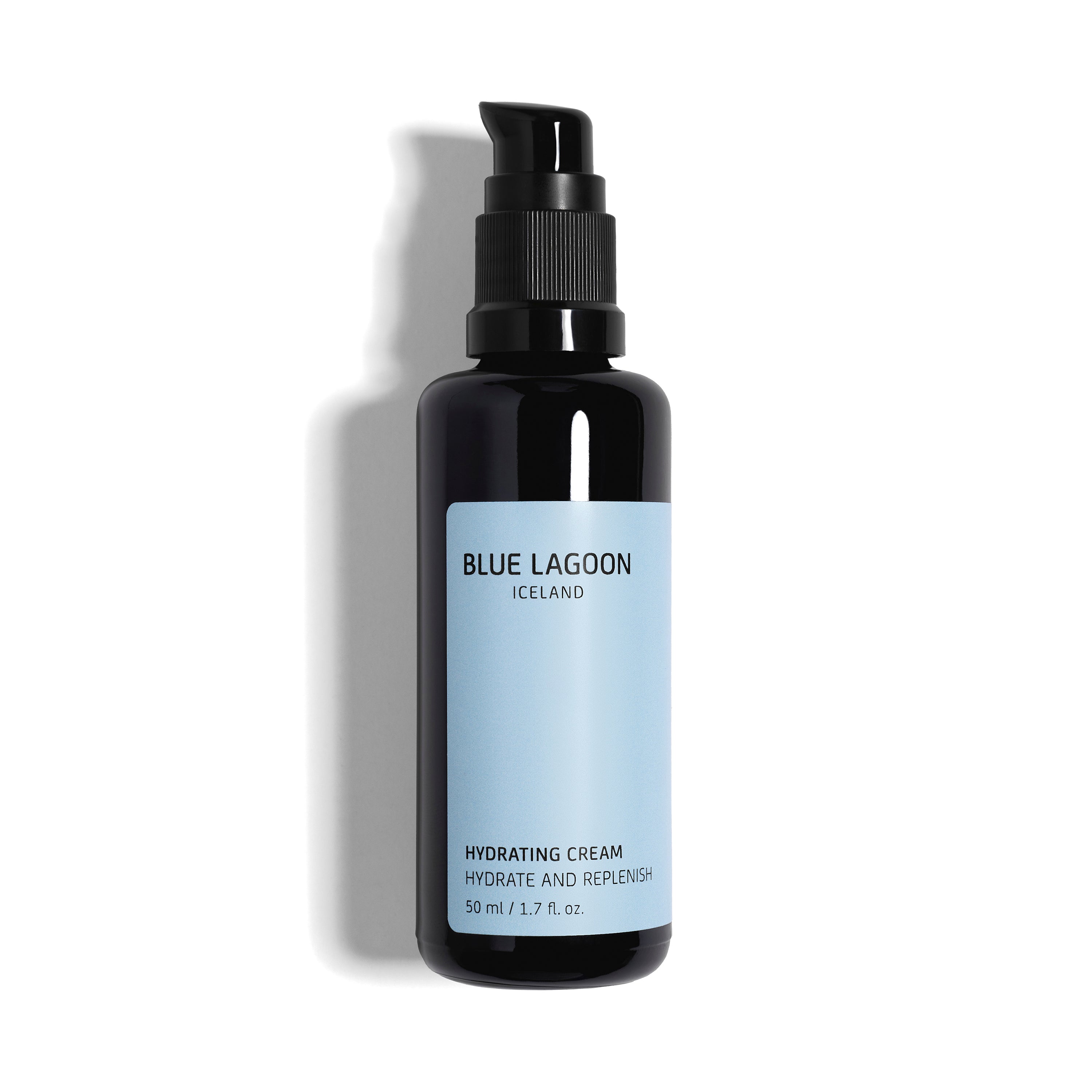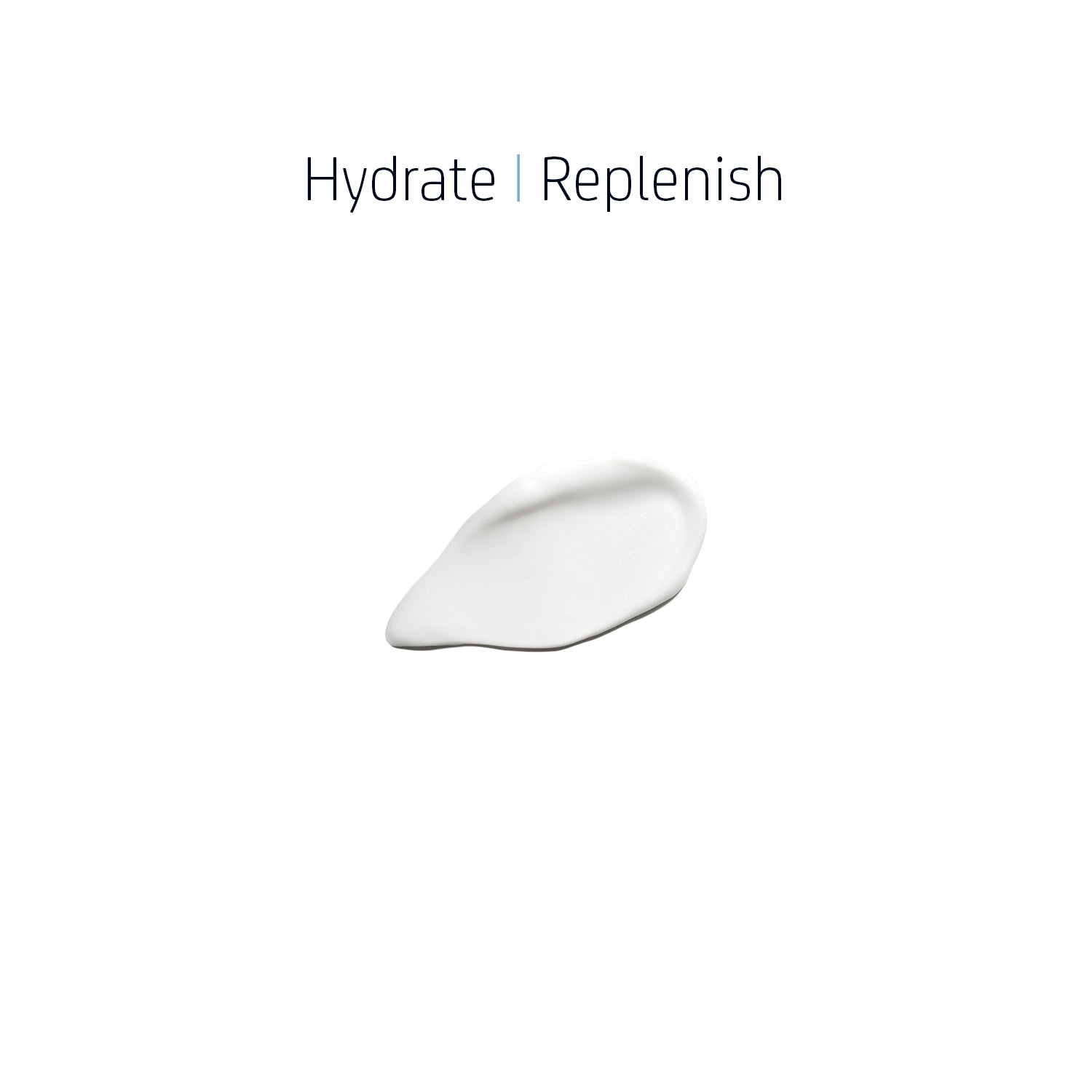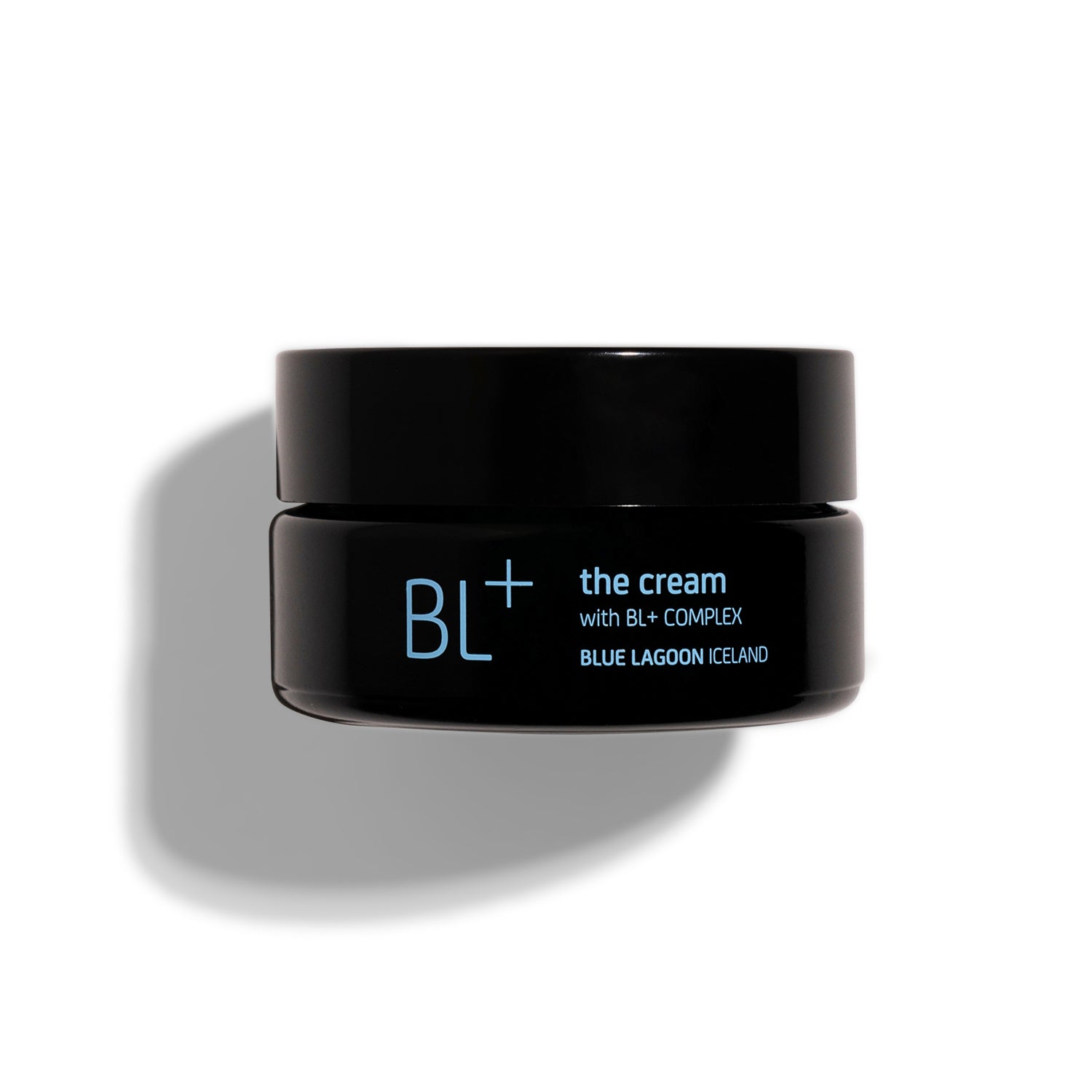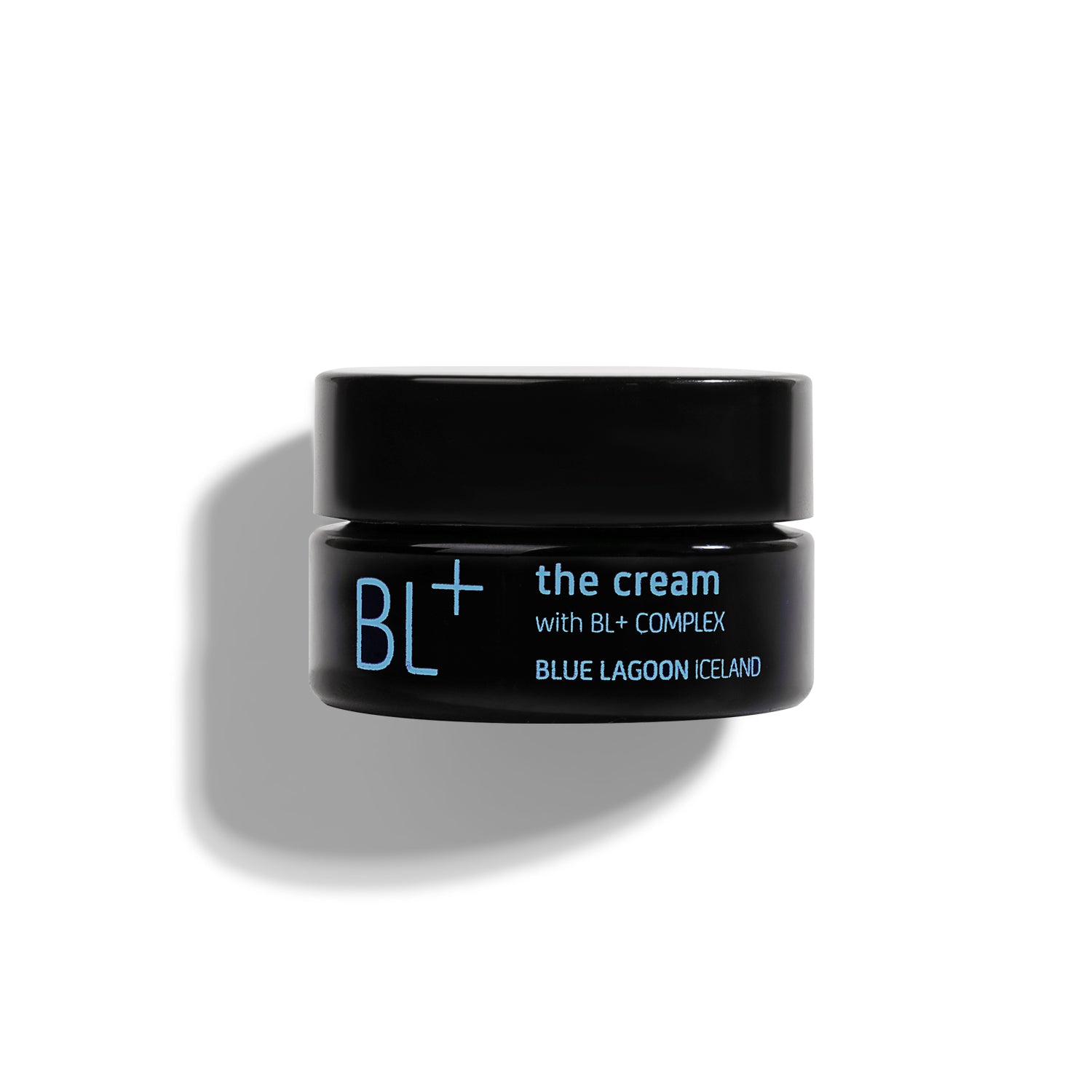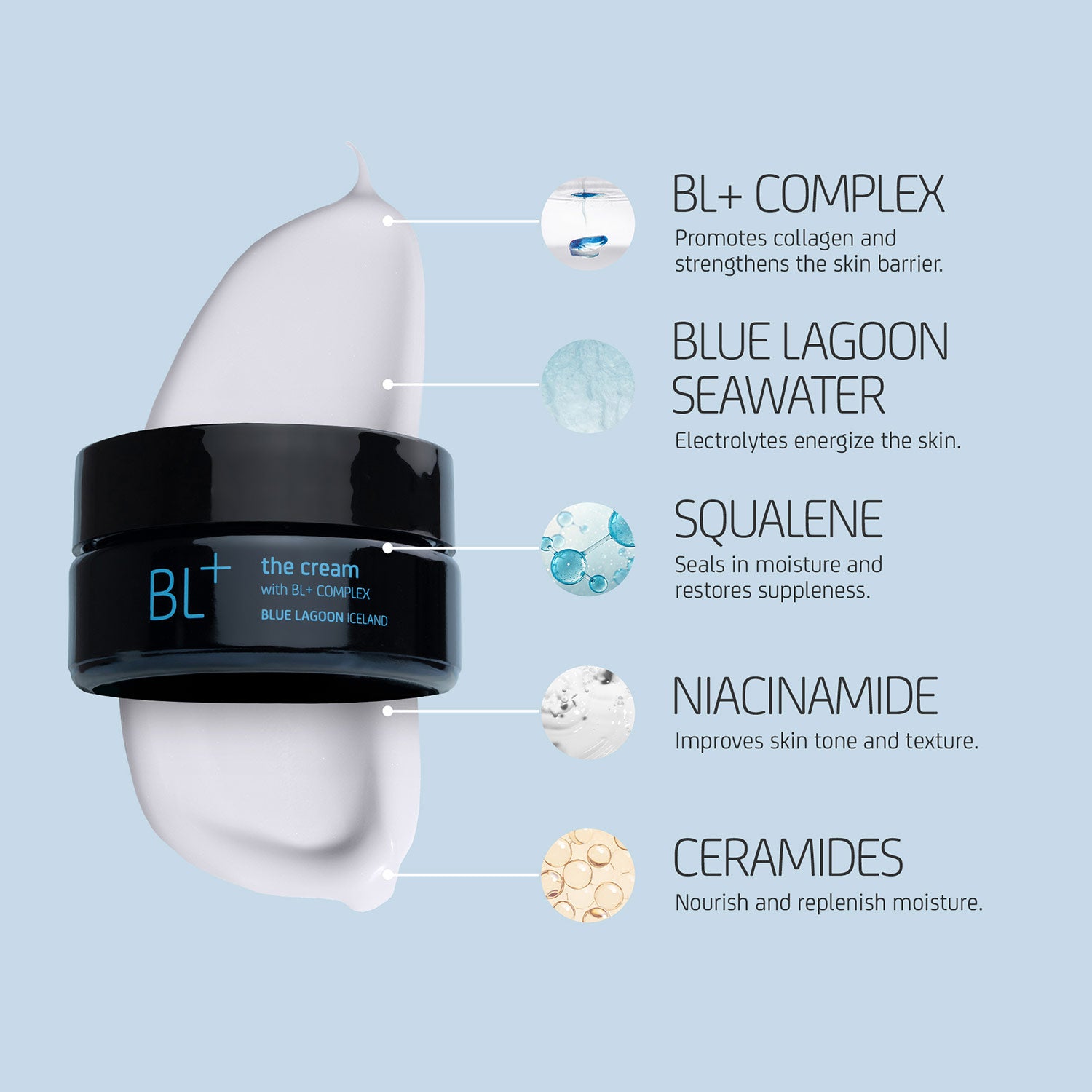Moisturizers
FAQ
Why is it important to moisturize?
With your skin’s water and oil levels in a constant state of flux, moisturization is a key element of any successful skincare routine. Dry and dehydrated skin results from water loss and leads to an unhealthy complexion, ultimately causing fine lines, wrinkles, and other signs of aging. Counteracting this process, moisturization provides nourishing infusions of revitalizing ingredients that instantly restore your skin’s ability to retain water, sealing in hydration and catalyzing a healthy glow.
What is the difference between moisturizers?
Moisturizers can be water-based or oil-based. This basic distinction impacts the texture, feel, and performance of any given product.
Water-based formulas are lightweight and rely on humectants—glycerin, peptides, and hyaluronic acid are several examples—to bond with water molecules and prevent evaporation, thus preserving hydration. Taking the form of creams, lotions, and gels, these moisturizers are differentiated by their water content. Creams are generally thicker than lotions and gels because they have less water.
Oil-based formulas are both nourishing and protective, creating a natural barrier to restore moisture while delivering revitalizing ingredients and shielding the skin from environmental aggressors. Rich and silky, these products can consist of a single oil or a blend of oils.
Whether you choose an oil-based or water-based formulation depends on your skin type. If your skin is dry, it lacks oil. Therefore, an oil-based moisturizer is preferable. If your skin is oily, it is compensating for dehydration, and you should opt for a water-based moisturizer.
How often should I moisturize?
You should moisturize at least once a day.
While the optimal skincare routine inevitably results from a firm knowledge of your particular concerns, all routines encompass three fundamental steps: cleanse, moisturize, protect. This trio of daily procedures is the basis of beautiful skin

